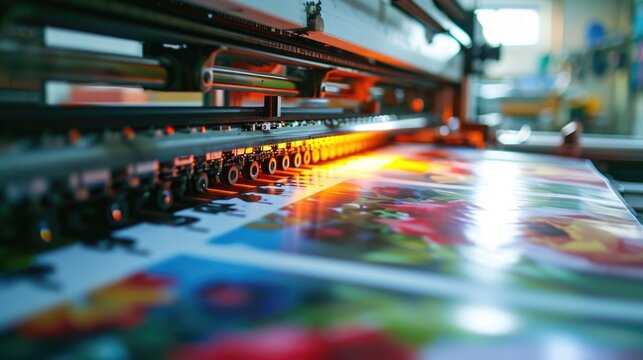Introduction to How to Get Nutrition Facts for My Product?
Are you a budding entrepreneur in the food industry? Getting nutrition facts for your product is a crucial step. It’s not just about compliance but also about building trust with your consumers. In this article, discover the steps to obtain nutrition facts, why it’s important, and the different methods available to you. Let’s embark on this delightful journey with a blend of technology and tremendous insights!

Understanding the Importance of Nutrition Facts
Nutrition Facts labels are vital for consumers to make informed food choices. They reveal the nutrient content of a product, helping individuals manage their dietary needs and health goals. For businesses, they serve as a sign of transparency and honesty. Furthermore, they are a regulatory requirement in many regions, ensuring that consumers get accurate information.
Regulations and Standards
Understanding the regulations that apply to your region is critical. Countries like the US have specific guidelines by the FDA on what must appear on a nutrition label. These include serving size, calories, essential nutrients, and allergen information. Familiarizing yourself with these standards can aid in your compliance journey.
Methods to Obtain Nutrition Facts
There are several avenues for acquiring accurate nutrition information for your food product. Each method has its advantages, and choosing the right one depends on your product, budget, and resources.
Laboratory Analysis
Laboratory analysis is the most traditional method of obtaining nutrition facts. This process involves sending your product to a laboratory where scientists analyze its nutritional content. Although this method is precise, it can be expensive and time-consuming.
Using a Nutrition Analysis Software
Technology here offers a terrific solution with nutrition analysis software. These are becoming increasingly popular due to their efficiency and cost-effectiveness. By entering your product ingredients, these softwares calculate the nutritional content, making it a perfect option for small businesses.
Labeling Your Product: What Must Be Included?
Creating a nutrition label involves integrating crucial details. Heres what needs to be included:
- Serving Size
- Calories
- Total Fat, Saturated Fat, and Trans Fat
- Cholesterol
- Sodium
- Total Carbohydrates, Dietary Fiber, and Sugars
- Protein
- Vitamins and Minerals
Smart Tips for a Delighted Journey
Choosing the right method and accurately representing your products nutrition facts not only complements compliance but also enhances consumer trust. By understanding the regulations and employing technology, food business owners can navigate this process efficiently. Here are some delightful tips:
Invest in Professional Software
Professional nutrition analysis software is an asset for both accuracy and time management. It can help small and mid-sized businesses achieve compliance without overwhelming expenses.
Partner with Certified Labs
Partnering with certified laboratories ensures a higher degree of accuracy. It provides you peace of mind by making sure your product adheres to all nutritional standards.
Educate Yourself on Nutritional Values
Gain basic knowledge of nutritional values. This allows for understanding the outcomes of analyses and ensuring that they are in line with the product you intend to sell.
Tremendous Benefits of Accurate Nutrition Facts
Accurate nutrition labels bring tremendous benefits not only in regulatory landscapes but also in customer connection and business growth. Here’s why delivering correct nutritional information is crucial:
- Builds Customer Trust
- Increases Brand Value
- Ensures Compliance
- Provides a Competitive Edge
- Targets Health-Conscious Consumers

FAQs
Why are nutrition facts important for my product?
Nutrition facts are crucial as they help consumers make informed decisions. They specify key nutrients, aiding those searching for health-improving products.
How accurate must the nutrition label be?
Nutritional labels must be accurate to ensure compliance with local laws. Estimations should be done precisely, otherwise, you might risk facing regulatory actions.
Can I create nutrition facts myself?
Yes, especially with nutrition analysis software available. However, consulting with experts or utilizing certified labs can ensure a higher degree of precision.
Conclusion
Developing and displaying honest and accurate nutrition facts for your product is essential in todays health-conscious market. It not only adheres to regulations but also boosts consumer trust and enhances brand value. By using a mix of laboratory analysis, technology, and expert guidance, a food business can achieve these goals efficiently and delightfully!
Want to know more about printing your labels?
Click here to dive into the process of printing your own business cards and get your labels just right! Also, check out our printing resources for more insights.






